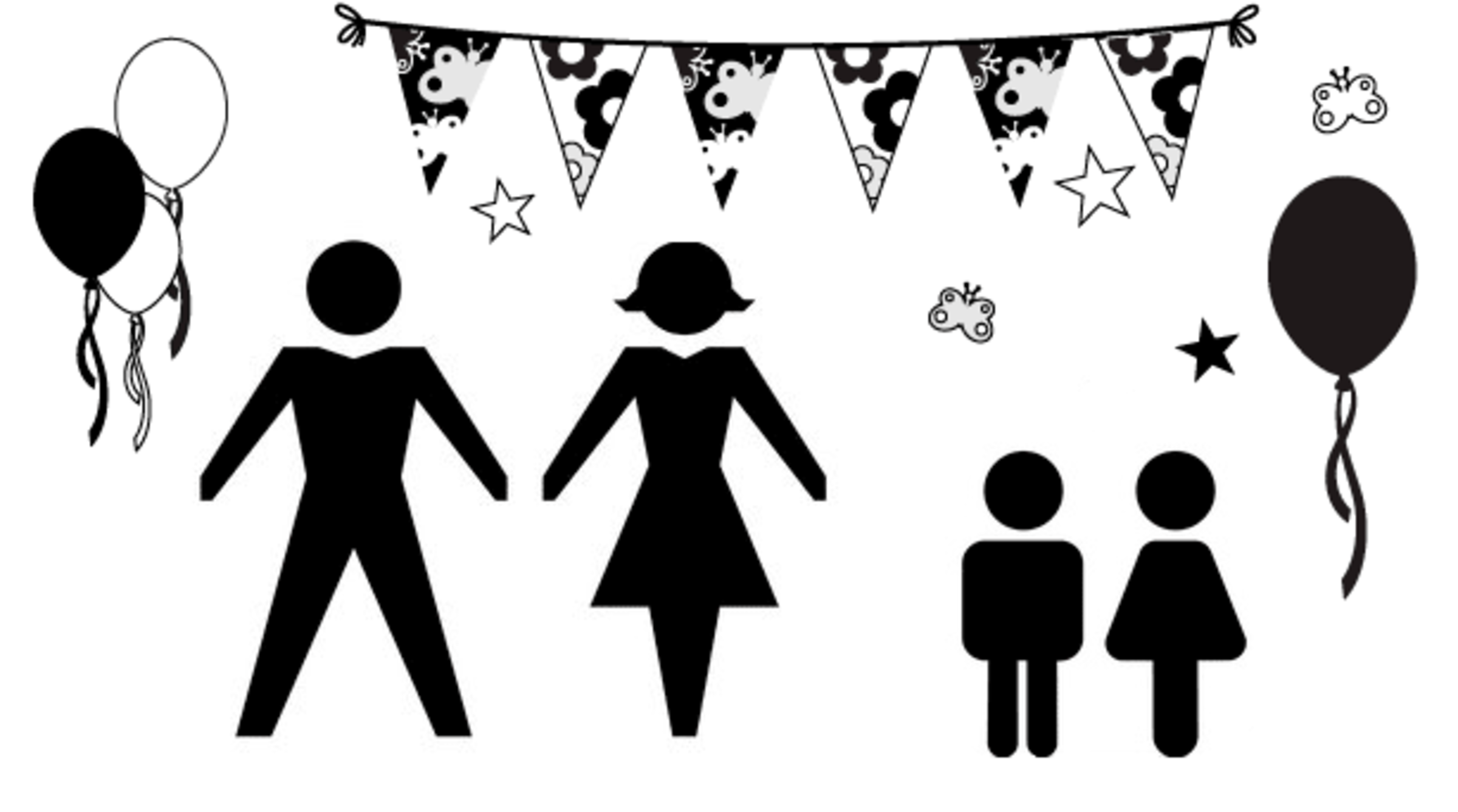Who is Chris?

At a party, there were 19 females, 12 males, 14 adults and 17 children. Then, Chris arrived and the number of different man-woman couples became equal to the number of boy-girl couples.
Is Chris a man, a woman, a boy or a girl?
Note: If there were 9 boys and 8 girls at the party, then there would have been 72 (9x8) boy-girl couples possible.
This section requires Javascript.
You are seeing this because something didn't load right. We suggest you, (a) try
refreshing the page, (b) enabling javascript if it is disabled on your browser and,
finally, (c)
loading the
non-javascript version of this page
. We're sorry about the hassle.
Answer: Chris is a Girl.
Note: In the solution below, I am using the name 'Chris' again and again because we don't know whether Chris is 'he' or 'she'.
Before Chris arrived, let M be the number of male adults (men) at the party.
Then, the number of female adults (women) = 14 - M
The number of boys = 12 - M
The number of girls = 5 + M
Now, Chris arrived at the party and Chris is either a man or a woman or a boy or a girl. Let's consider each case one-by-one.
Case I: Let's assume that Chris is a Man. It is given that after Chris arrived, the number of different man-woman couples possible became equal to the number of boy-girl couples possible. Hence,
(M + 1) * (14 - M) = (12 - M) * (5 + M)
which on simplifying gives,
6M = 46
This is impossible as the value of M must be an integer.
Case II: Let's assume that Chris is a woman, then the equation is
(M) * (15 - M) = (12 - M) * (5 + M)
which on simplifying gives,
8M = 60
This is also impossible as the value of M must be integer.
Case III: Let's assume that Chris is a boy, then the equation is
(M) * (14 - M) = (13 - M) * (5 + M)
which on simplifying gives,
8M = 65 This is also impossible as the value of M must be integer.
Case IV: Let's assume that Chris a girl, then the equation is
(M) * (14 - M) = (12 - M) * (6 + M)
which on simplifying gives,
8M = 72
So, M = 9 which is an integer.
Thus, Chris is a Girl. (not really though :p)